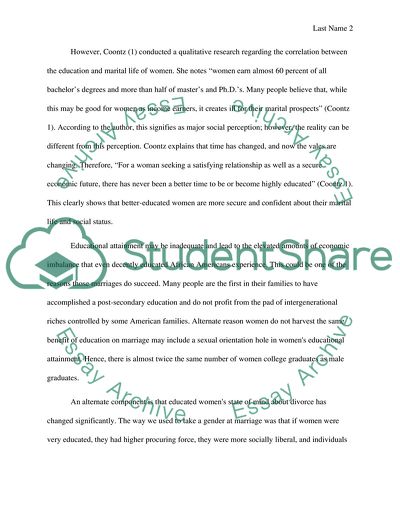Cite this document
(Should Wife and Husband Have the Same Educational Level Essay, n.d.)
Should Wife and Husband Have the Same Educational Level Essay. Retrieved from https://studentshare.org/social-science/1847887-should-wife-and-husband-have-the-same-educational-level
Should Wife and Husband Have the Same Educational Level Essay. Retrieved from https://studentshare.org/social-science/1847887-should-wife-and-husband-have-the-same-educational-level
(Should Wife and Husband Have the Same Educational Level Essay)
Should Wife and Husband Have the Same Educational Level Essay. https://studentshare.org/social-science/1847887-should-wife-and-husband-have-the-same-educational-level.
Should Wife and Husband Have the Same Educational Level Essay. https://studentshare.org/social-science/1847887-should-wife-and-husband-have-the-same-educational-level.
“Should Wife and Husband Have the Same Educational Level Essay”, n.d. https://studentshare.org/social-science/1847887-should-wife-and-husband-have-the-same-educational-level.


